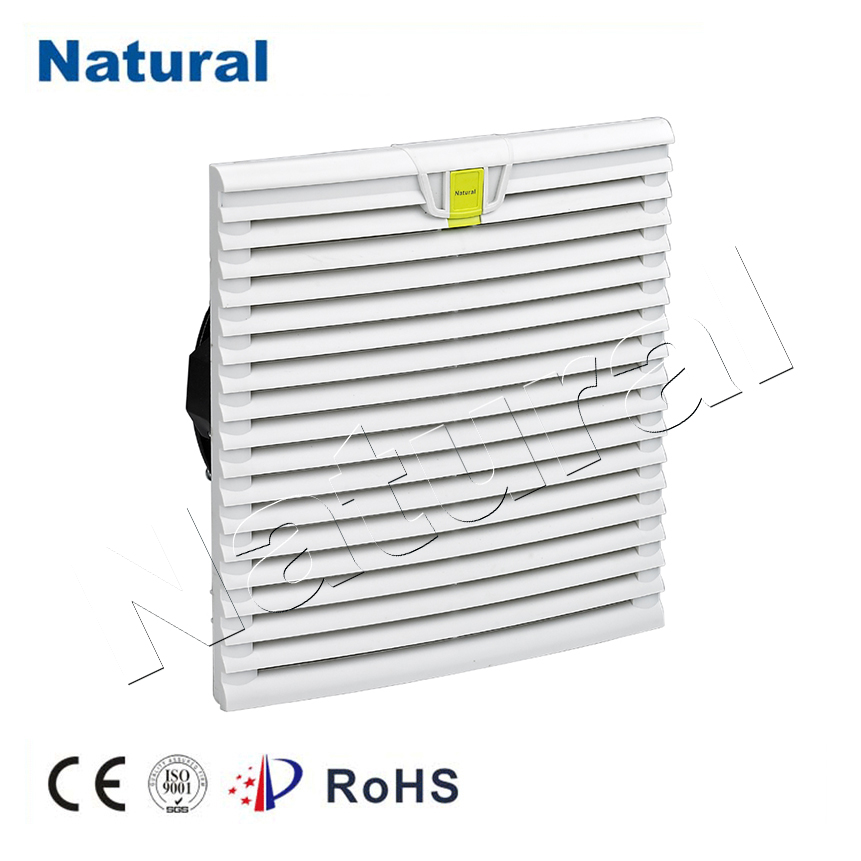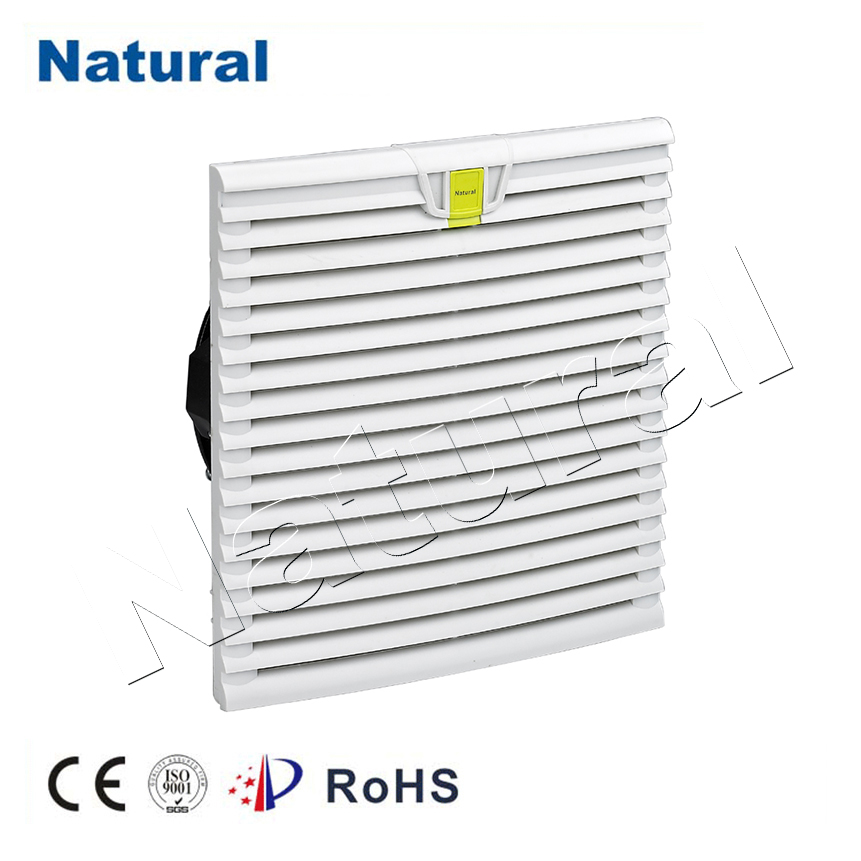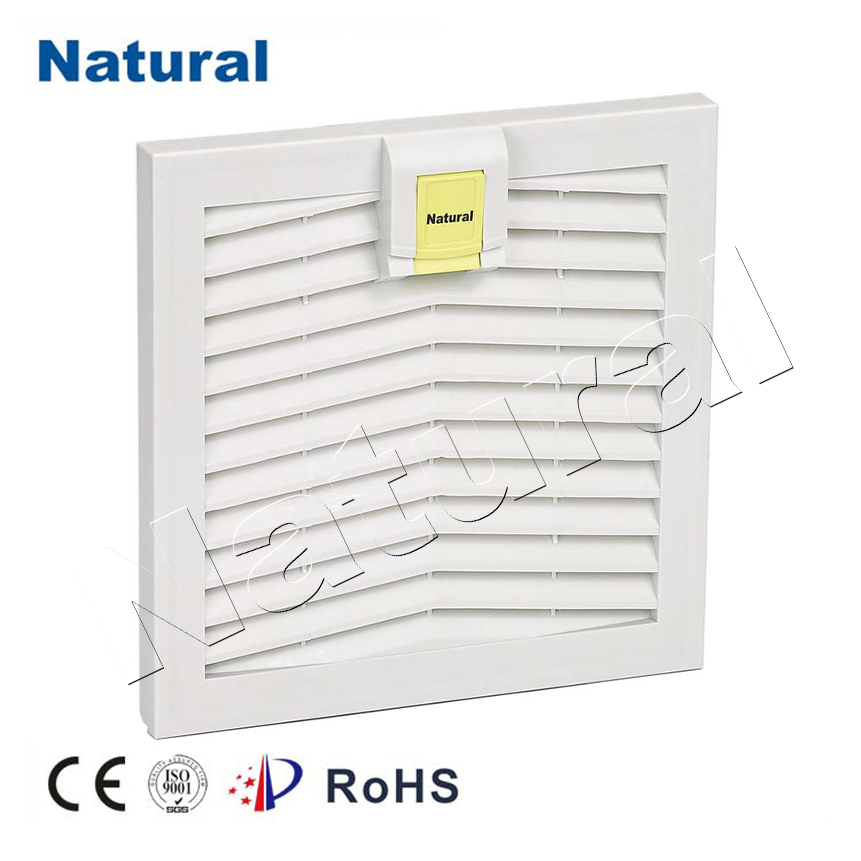Fan filters are a critical component in various mechanical and electronic systems, particularly in air conditioning units, computer systems, and HVAC (Heating, Ventilation, and Air Conditioning) setups. Their primary role is to prevent the ingress of dust, debris, and other airborne contaminants into sensitive machinery, ensuring both optimal performance and longevity of equipment. This article delves into the functionality, importance, and types of fan filters, as well as their benefits for users and industries.

What is a Fan Filter?

A fan filter, as the name suggests, is a filter installed in front of or behind a fan in a system to trap particles and debris from the air. These filters can be made from various materials such as foam, mesh, synthetic fibers, or HEPA (High-Efficiency Particulate Air) filters, depending on the application and required filtration level. Fan filters can be found in numerous devices, ranging from air conditioning units to industrial machinery, and even in consumer electronics like computers and servers. The Role of Fan Filters in Air Conditioning Systems In air conditioning systems, fan filters serve an essential function by ensuring the internal components remain clean. Air conditioning units use fans to circulate air, and as the air passes through, it picks up dust, dirt, pollen, and other particles. Without proper filtration, these contaminants could clog the system, impair airflow, or even damage the internal components.

Leave a Reply
You must be logged in to post a comment.